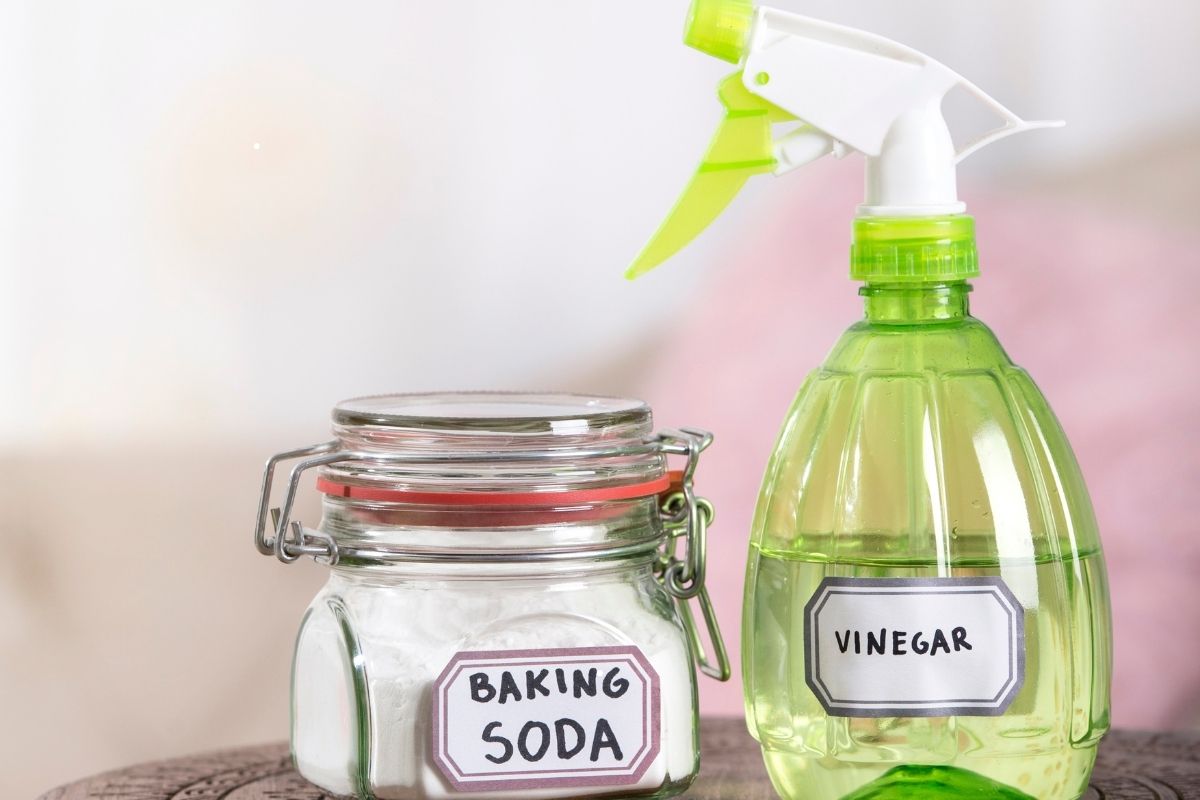Tackling Tough Stains: A Guide to Removing Stubborn Marks
Whether it's a spill on the office carpet or an accident on the home sofa, stubborn stains are an inevitable part of life. For New Zealand businesses and homeowners, dealing with these unsightly marks can be frustrating. However, with the right techniques and cleaning products, even the toughest stains can be eliminated. In this comprehensive guide, we'll explore effective methods for tackling tough stains on a range of surfaces, ensuring your space looks spotless.
Understanding Different Types of Stains
Before jumping into stain removal techniques, it's important to understand that not all stains are created equal. Identifying the type of stain you’re dealing with will help you choose the correct approach for removal. Some common types of stains include:
- Oil-Based Stains: From cooking oils to motor grease, oil-based stains are common and notoriously difficult to remove. These stains tend to cling to fabrics and surfaces due to their greasy texture.
- Protein-Based Stains: These stains come from organic materials such as blood, sweat, and food. Protein-based stains can penetrate fabrics deeply, requiring special attention to remove.
- Tannin Stains: Caused by beverages like coffee, tea, and wine, tannin stains often leave behind dark marks that can be difficult to remove if not treated quickly.
- Ink and Dye Stains: Ink, pen marks, or dye stains from clothing and upholstery can spread quickly and become permanent if not addressed properly.
Step-by-Step Guide to Removing Tough Stains
1. Oil and Grease Stains
For Fabrics and Carpets:
- Step 1: Blot the excess oil using a paper towel or cloth—never rub, as this can spread the stain.
- Step 2: Sprinkle baking soda or cornstarch on the stain and let it sit for at least 15 minutes to absorb the grease.
- Step 3: Vacuum up the powder, then apply a liquid detergent directly to the stain.
- Step 4: Gently scrub the area with a soft brush and rinse with cold water.
For Hard Surfaces:
- Use a degreasing cleaner designed for kitchen surfaces or floors. Apply the cleaner, let it sit for a few minutes, and then wipe the area clean with a damp cloth.
2. Protein-Based Stains
For Fabrics and Upholstery:
- Step 1: Use cold water to rinse the stain immediately. Avoid using hot water, as this can set the protein into the fabric.
- Step 2: Apply an enzyme-based stain remover or a mixture of water and liquid detergent to break down the protein molecules.
- Step 3: Gently scrub the stain with a soft brush, then rinse thoroughly with cold water.
For Carpets:
- Blot the area with a mixture of cold water and white vinegar. For older stains, an enzyme-based carpet cleaner can help lift the stain without damaging the carpet fibers.
3. Tannin Stains (Coffee, Wine, Tea)
For Fabrics:
- Step 1: Blot the stain with a paper towel to absorb as much liquid as possible.
- Step 2: Mix equal parts vinegar and water and apply it to the stain, blotting gently.
- Step 3: Use a stain remover or detergent specifically designed for tannins and wash the fabric in cold water.
For Carpets and Upholstery:
- Apply club soda to the stain and blot with a clean cloth. Club soda helps neutralize and lift the tannins from the fabric. For stubborn marks, use a commercial carpet cleaner or an upholstery cleaning solution.
4. Ink and Dye Stains
For Clothing and Fabrics:
- Step 1: Place a paper towel underneath the fabric to absorb the ink.
- Step 2: Dab rubbing alcohol on the stain using a cotton ball or cloth, working from the outer edges inward to prevent the stain from spreading.
- Step 3: Blot the stain gently and replace the paper towel as needed until the ink is removed.
- Step 4: Wash the fabric using cold water and laundry detergent.
For Carpets and Upholstery:
- Use a mixture of rubbing alcohol and water (50/50) to treat the ink stain. Blot with a clean cloth, being careful not to oversaturate the fabric.
Specialized Stain-Removal Products in New Zealand
For both businesses and homeowners, having the right cleaning products on hand is key to effectively removing tough stains. In New Zealand, several high-quality, eco-friendly products can help tackle various stains while being gentle on the environment:
- Eco Store Stain Remover: This natural, plant-based solution is ideal for removing stains from fabrics and is gentle on sensitive skin.
- Earthwise Multi-Surface Cleaner: Perfect for businesses looking to keep their surfaces stain-free while maintaining sustainability.
- Vanish Napisan Oxi-Action Gel: A powerful stain remover that works on a wide range of fabrics, carpets, and hard surfaces.
- Simple Green All-Purpose Cleaner: Great for New Zealand businesses, this non-toxic cleaner effectively removes oil and grease from hard surfaces.
Preventing Stains Before They Set
As the saying goes, "prevention is better than cure." Here are a few tips for preventing stains from becoming permanent:
- Act Quickly: The sooner you treat a stain, the better your chances of complete removal. Always blot the stain rather than rubbing it to prevent spreading.
- Test Before You Treat: Always test cleaning products on a small, hidden area to ensure they don’t damage the fabric or surface.
- Use Protective Coatings: Consider applying fabric or carpet protectors, especially in high-traffic areas in offices or homes, to repel stains and make cleaning easier.
Tackling tough stains doesn’t have to be overwhelming. With the right knowledge, tools, and techniques, New Zealand homeowners and businesses can maintain spotless spaces. Whether you’re dealing with oil, tannin, protein, or ink stains, acting quickly and choosing the correct cleaning method is key to preserving the longevity of your fabrics and surfaces. For stubborn marks that won’t budge, reach out and hire the Crewcare team of professionals to keep your business locations looking pristine.


